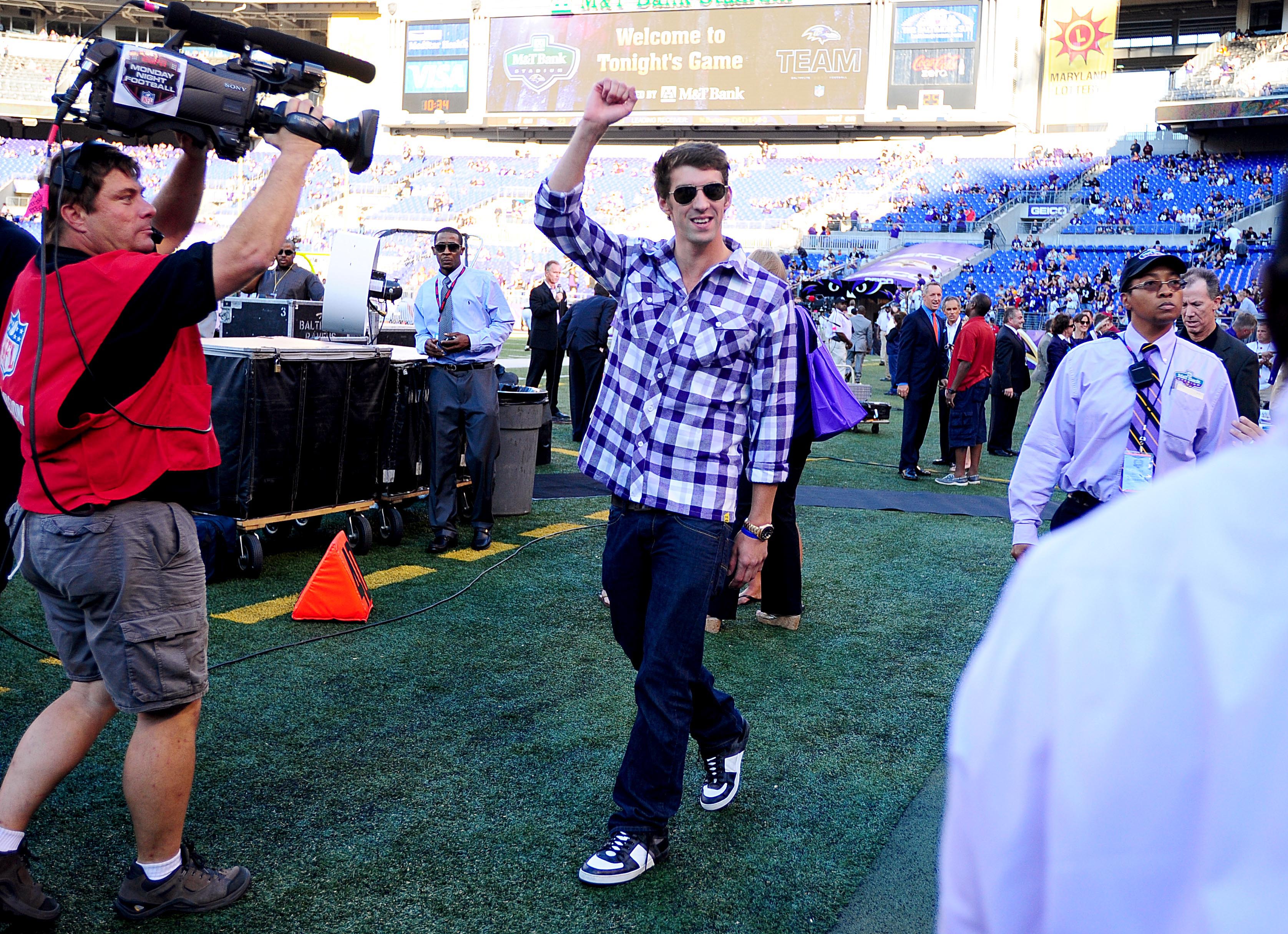
Last week, Mark H. McCormack Department of Sport Management Executive-in-Residence, Peter Carlisle spoke to students in a discussion titled, “Marketing an Olympic Icon: Behind the Business of a Global Sports Superstar.”
The Mark H. McCormack Department of Sport Management, formed in 1972, is a part of the Isenberg School of Management at UMass Amherst and is widely respected for its faculty and the opportunities it presents for its graduating students. It has a reservoir of documents and stored communications from the late Mark McCormack, a pioneer in the world of sports business. The department has also done a terrific job of bringing the best and brightest minds to campus to give its students a chance to learn from practitioners.
Having Peter Carlisle on campus was certainly a treat. While I was not in attendance, I have watched the recorded version of his speech, which is embedded at the bottom of this article. It is roughly an hour in length, but worth every second you spend absorbing Carlisle’s experiences and words of wisdom.
Carlisle is a leader in the representation of action sports and Olympic athletes. Among his high profile clients are Michael Phelps and Aly Raisman. As Carlisle states in his speech, from the beginning of his relationship with Michael Phelps, they had a ten year plan. Much of the discussion at the Mark H. McCormack Department of Sport Management focused on his representation of Phelps, which goes into heavy detail on stories that may not be entirely known by the general public.
Before he ever met Phelps and his family, Carlisle started in the business of sport while living in Portland, Maine. He began working with alpine and cross country skiers to assist them with their marketing. Carlisle saw firsthand the challenges athletes face in the corporate structure. He then represented snowboarders, which became his focus. Carlisle signed several athletes, including one of the young prodigy’s in the sport, Ross Powers. He thinks the toughest question he received was from the snowboarder’s mom who asked why he thought he could effectively represent her son when he had not snowboarded himself. Carlisle would not negotiate his commission even though many of his competitors would. He still signed Powers.
Carlisle first pitched Michael Phelps at a law firm. The scene that Carlisle painted was not all that comfortable. The meeting took place in a conference room where he was grilled by a bunch of lawyers. Even Phelps, who was a teenager, was nervous and dropped his plate. Phelps said he wanted to change the sport of swimming; he wanted to see swimming on SportsCenter. With Carlisle by his side, Phelps accomplished a lot more than that in his career.
Carlisle mentioned that athlete marketing is a business-to-business transaction. He said that companies use athletes for their unique content. With the right campaign, athletes can create a third dimension of corporate communications. Recognizability, relevance and reach are all needed for an athlete to be marketable. Those three words came up a lot in Carlisle’s speech. An athlete needs to win gold in the Olympics to have any chance at all three, but runs the risk of losing his/her distribution platform the minute the Olympic games are over, which Carlisle says is the biggest problem for Olympic athletes. If an athlete can somehow maintain a platform outside the Games, recognition is possible. Then recognizability is possible. Together, Olympic athletes can possibly get reach.
I thought that a very good takeaway was when Carlisle said there was no good road map for much of what he was doing. Preparation is important and goals are key, but things never work out exactly the way that they are planned. The video of the speech is below. Enjoy.
